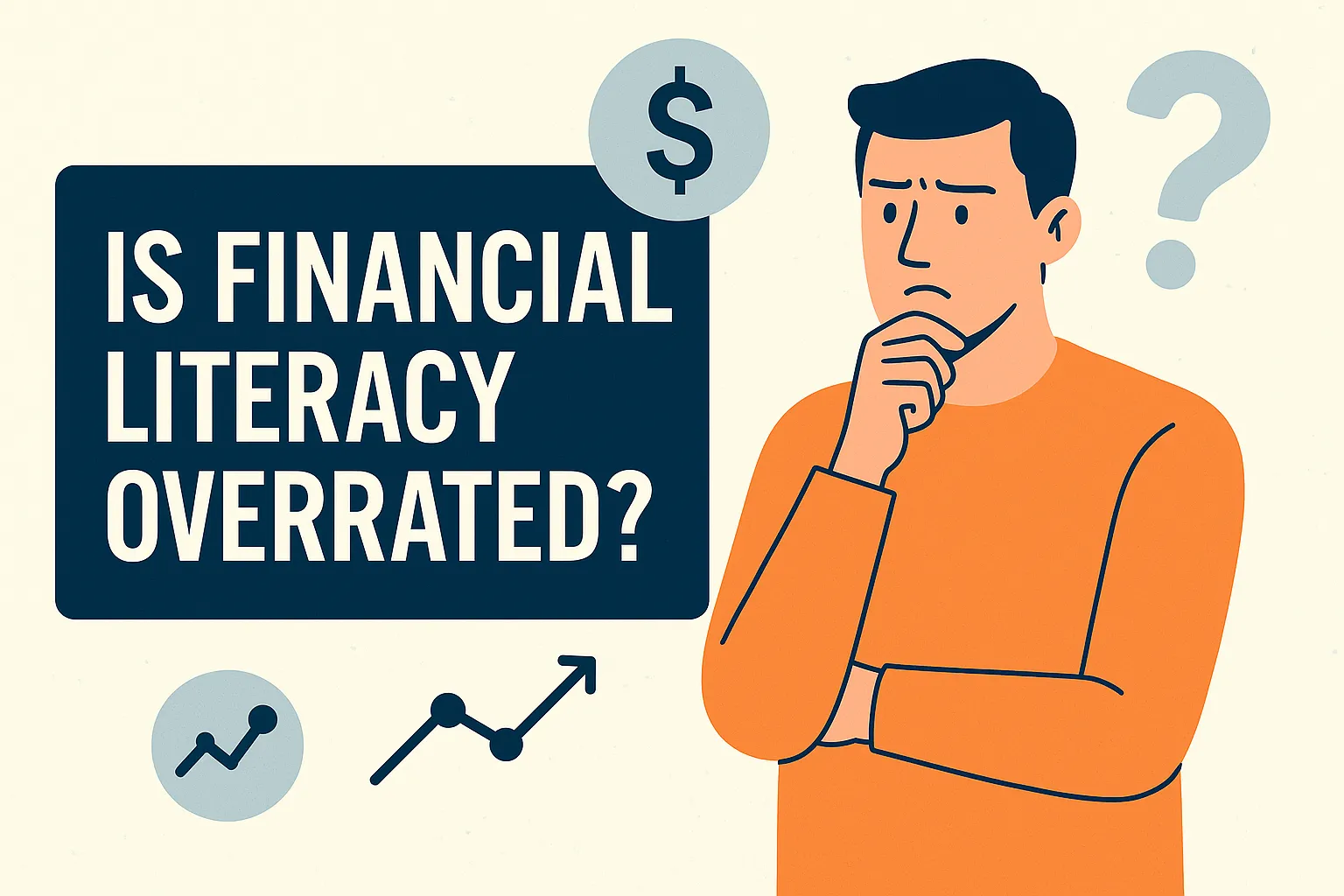How to Buy a House With No Income

For many, the dream of owning a home may seem distant without a stable income. However, while buying a house under these conditions is challenging, it’s far from impossible. This guide walks you through strategies and financial tools that could help you achieve homeownership, even without a traditional income stream. With some research and the right approach, homeownership may be closer than you think.
Key Takeaways:
- Alternative Financing Options: Solutions like no-income verification loans, rent-to-own agreements, and collateral-backed mortgages can offer non-traditional paths to homeownership for those without steady income, though they often come with higher interest rates.
- Government Assistance Programs: Federal and state programs, including FHA and USDA loans, provide options for lower-income buyers with benefits like lower down payments and credit requirements. Checking local resources can reveal additional support.
- Long-Term Financial Impact: Alternative options may lead to higher monthly payments or interest, so planning for these factors and understanding potential impacts on your budget and credit is essential for sustainable homeownership.
Exploring No-Income Mortgage Options
While traditional loans require proof of income, there are alternatives for those who don’t have a steady paycheck. Here are some possibilities:
1. No-Income Verification Loans
Known as "no-doc" or "stated-income" loans, these products are designed for those who can demonstrate their ability to make payments through assets or bank statements rather than traditional income documentation. It’s worth noting that these loans often come with higher interest rates.
Hypothetical Example Scenario: Mike, a freelancer with significant savings, applies for a no-income verification loan by providing bank statements and an investment portfolio as proof. His interest rate is higher, but he secures the loan and becomes a homeowner.
2. Using Collateral to Secure a Loan
If you own valuable assets—such as another property, a vehicle, or investments—these can serve as collateral to secure a mortgage. Offering assets as collateral can reduce the lender’s risk, making it easier to gain loan approval.
- What is Collateral? Collateral is a valuable asset that the borrower offers as security for the loan. If the borrower fails to meet the loan obligations, the lender can seize the collateral to recover their funds.
Actionable Insight: Review your assets and discuss with a lender if these can serve as collateral. However, remember that using assets as collateral puts them at risk if loan terms aren’t met.
Rent-to-Own and Seller Financing
These options allow you to bypass the traditional mortgage process, setting up an arrangement directly with the property owner.
Rent-to-Own Agreements
Allows you to lease a home with the option to buy it later. A portion of each rent payment goes toward the future purchase, making it a good option if you need time to save for a down payment.
- Hypothetical Example: Sarah finds a home she loves but doesn’t qualify for a mortgage. She negotiates a rent-to-own agreement, allowing her to live there while part of her rent builds up as a down payment. After three years, she’s ready to buy.
Seller Financing
In seller financing, the property owner acts as the lender, allowing you to bypass the traditional mortgage process. Payments are made directly to the seller, according to a mutually agreed payment schedule.
Consideration: It’s essential to hire a lawyer to draft this type of agreement. A well-structured contract ensures protection for both you and the seller.
Government Programs to Assist Buyers
Federal and local programs provide valuable assistance for lower-income buyers. Here’s how they might help:
Actionable Tip: Research programs available in your area. The U.S. Department of Housing and Urban Development (HUD) website offers information on various federal and state programs designed to assist buyers. Many state housing agencies also provide down payment assistance and additional options for those with low income.
- FHA Loans: Government-backed loans, like FHA loans, often have less strict income requirements and lower down payments.
- Local Housing Programs: Many states offer programs specifically for first-time or low-income buyers, including down payment assistance. Check the U.S. Department of Housing and Urban Development (HUD) website for federal and local programs.
Finding a Co-Signer or Partner
If low income is making mortgage approval difficult, a co-signer can increase your chances. A family member or friend with stable income and a good credit history can co-sign, offering lenders added assurance.
Hypothetical Scenario: Suppose your mortgage application for a condo is denied. Your sister, who has a stable income and solid credit, agrees to co-sign the loan, which helps you secure approval.
Long-Term Considerations
When opting for a non-traditional income-based option, it’s crucial to consider the long-term financial impact:
- Impact on Credit: Some non-traditional loans may affect your credit differently than standard mortgages. Ask your lender about potential credit implications.
- Higher Interest Rates and Monthly Payments: Alternative financing often involves higher interest rates, which can increase monthly payments. Using an online mortgage calculator can help you understand how this will affect your budget.
- Future Refinancing Opportunities: If your financial situation improves, refinancing to a lower interest rate mortgage later may be possible. Ask your lender about future refinancing options.
How optimized is your portfolio?
PortfolioPilot is used by over 40,000 individuals in the US & Canada to analyze their portfolios of over $30 billion1. Discover your portfolio score now:






